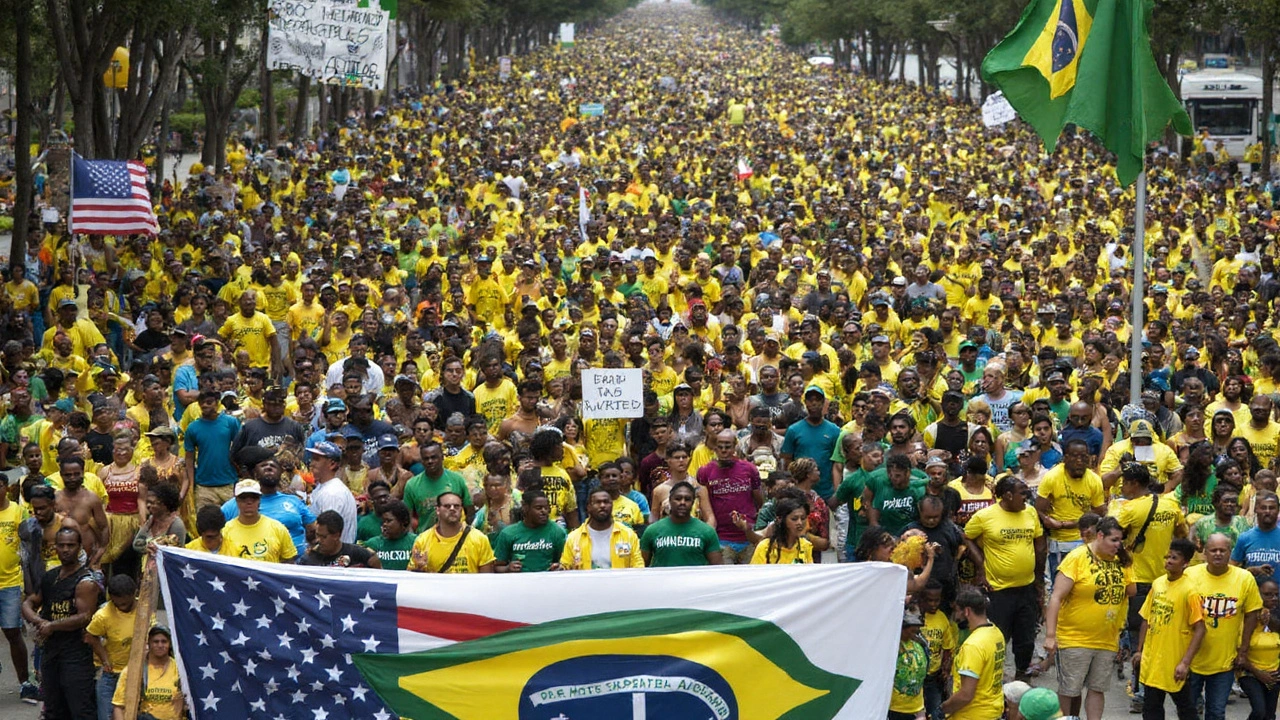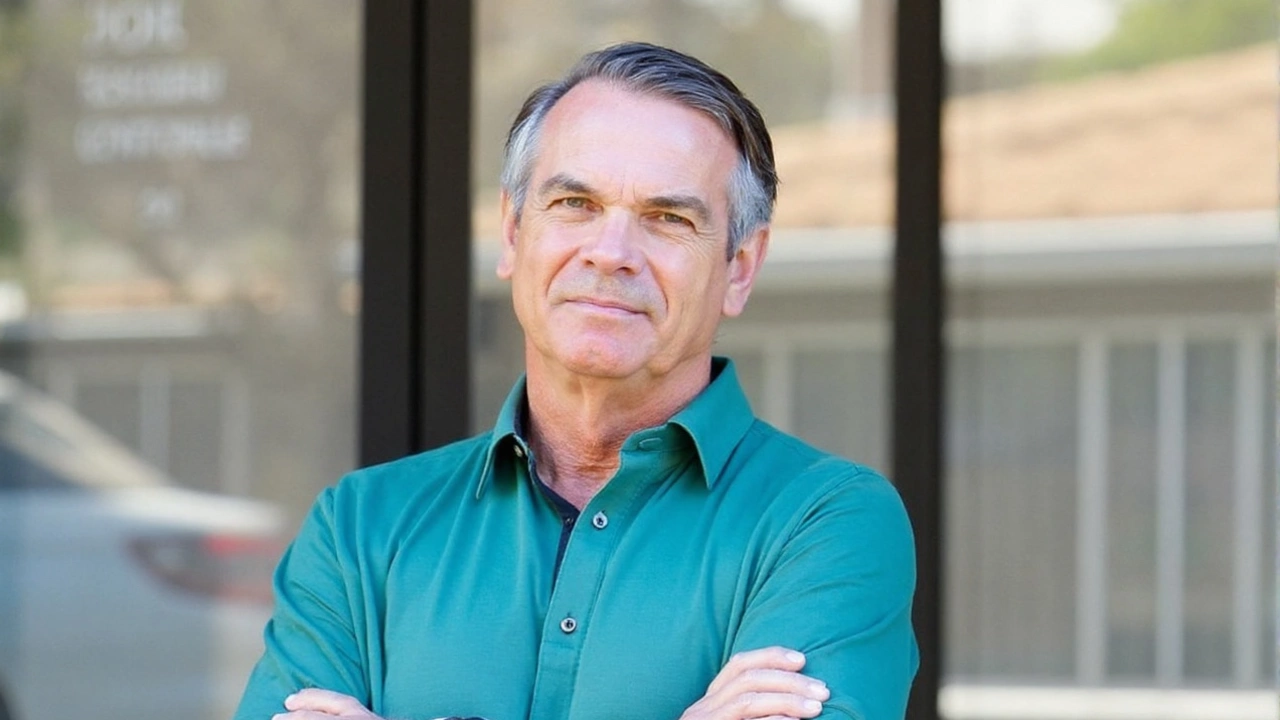Brazil has never seen a former president punished like this. A five-judge panel of the Supreme Court handed down 27 years and three months to Jair Bolsonaro for trying to cling to power after losing the 2022 election. The ruling, delivered on Friday in Brasília, found the 70-year-old guilty on five charges tied to an alleged scheme to subvert the vote and pressure state institutions. He remains under house arrest in the capital while his legal team files an appeal.
The verdict turns a long-running political fight into a defining legal moment. Bolsonaro, who led Brazil from 2019 to 2022, has denied wrongdoing. His lawyers say they will challenge the decision, arguing the court overreached and that the prosecution misread his post-election actions. His party is now pushing lawmakers to counter the ruling, even as constitutional experts note Congress cannot simply overrule a criminal conviction by the Supreme Court.
What the court found
The justices convicted Bolsonaro on charges that included attempting to stage a coup, membership in an armed criminal organization, and attempting the violent abolition of the democratic rule of law. In plain terms, the court said he used the power and visibility of his office to try to overturn a legitimate result and undermine the institutions meant to certify and protect it.
According to the judgment, the case drew on a mix of evidence: private and public statements challenging the ballot, meetings where the election outcome and paths to reverse it were discussed, and documents that prosecutors said laid out ways to interfere with the transition of power. Investigators framed these steps as part of a broader push that encouraged unrest, culminating in the Brasília rampage by radical supporters on 8 January 2023, when mobs vandalized Congress, the Supreme Court, and the presidential palace.
Sentencing this high is rare in Brazil’s democratic era. The panel argued the punishment matches the gravity of a plan that targeted the core of the constitutional order. They said the aim wasn’t just to dispute results but to bend the state to a losing candidate’s will—precisely what the post-dictatorship constitution was built to prevent.
For now, Bolsonaro is confined at home in Brasília. House arrest typically comes with restrictions on travel and contact with allies tied to the case, though the court can tailor conditions. His attorneys are expected to seek relief that could loosen restrictions or pause parts of the sentence while appeals move forward.
What happens next? The defense can file motions to the same panel to clarify the ruling and then ask the full Supreme Court to review the case. Those steps can take weeks or months. A successful appeal could reduce the sentence or order a partial retrial on specific counts, but the conviction stands unless the court itself suspends or overturns it.

Political shockwaves at home and abroad
The ruling lands in a country still split by the 2022 election. Bolsonaro’s backers see a political witch hunt. His critics call it overdue accountability after years of attacks on the courts and the electoral system. The reaction abroad has been just as loud. Former U.S. President Donald Trump called the conviction “very bad” for Brazil, framing it as political persecution. In Brasília, Bolsonaro’s party moved quickly to rally congressional allies, floating legislative maneuvers to pressure the judiciary and cast doubt on the trial.
Here’s the rub: Congress cannot void a Supreme Court criminal sentence. Lawmakers could try to pass an amnesty. That would be explosive—especially for the top figure in a case centered on an alleged coup attempt. Any such move would likely face immediate legal challenges and a fierce public fight.
Security forces were on alert even before the decision, mindful of the January 2023 riots. Authorities in Brasília have spent months mapping potential flashpoints, monitoring calls for protests, and preparing to secure federal buildings. Large demonstrations are possible, but the playbook today is different from 2023: rapid deployment, controlled perimeters, and swift arrests if vandalism or violence starts.
The verdict also reshapes Brazil’s right. Bolsonaro was already banned from holding office until the 2030s by the electoral court over separate misconduct tied to the 2022 race. A criminal conviction of this scale builds another wall between him and any future run, forcing his movement to elevate new standard-bearers in Congress, state governments, or among governors who align with his agenda on security, social conservatism, and agribusiness.
Markets and institutions will watch two things: whether protests stay peaceful and how fast the appeals move. The Supreme Court has made clear it sees these cases as a test of the system’s resilience. It has spent the past two years prosecuting those who attacked government buildings after the election and warning that intimidation of judges and electoral officials won’t be tolerated. Taking a former president from investigation to conviction signals that line now extends to the highest office.
Brazil is hardly alone in this kind of reckoning. Across Latin America, courts have tried ex-presidents for corruption and abuses of power. What makes this case different is the focus on an alleged plot against a fresh election—a challenge to the democratic handoff itself. That’s why the sentence is long, the judgment sweeping, and the stakes high for a country that only left military rule in 1985.
Key moments that led to Friday’s decision:
- October 2022: Bolsonaro loses the presidential election to Luiz Inácio Lula da Silva.
- Late 2022: He questions the vote and promotes claims about Brazil’s electronic ballots.
- January 8, 2023: Rioters rampage through Brasília’s main federal buildings.
- 2023–2025: A series of investigations probe alleged pressure on the military, electoral authorities, and public servants.
- September 12, 2025: A Supreme Court panel convicts and sentences Bolsonaro to 27 years and three months; he is placed under house arrest pending appeal.
However the legal fight unfolds, the message from the bench is unmistakable: Brazil’s democracy will defend itself, even when the defendant is a former head of state. The next chapters—appeals, political maneuvering, and how the streets respond—will show how steady that defense remains under pressure.
